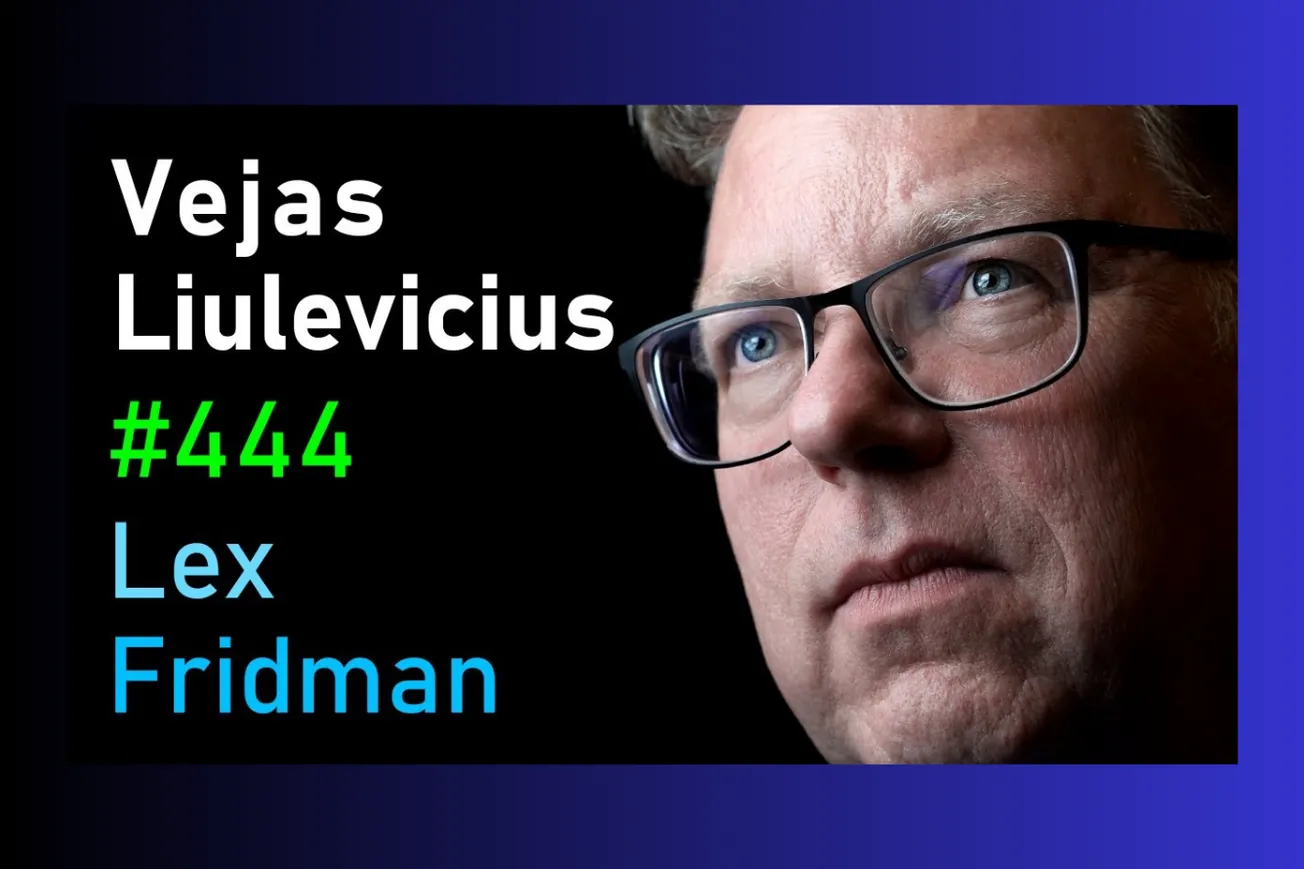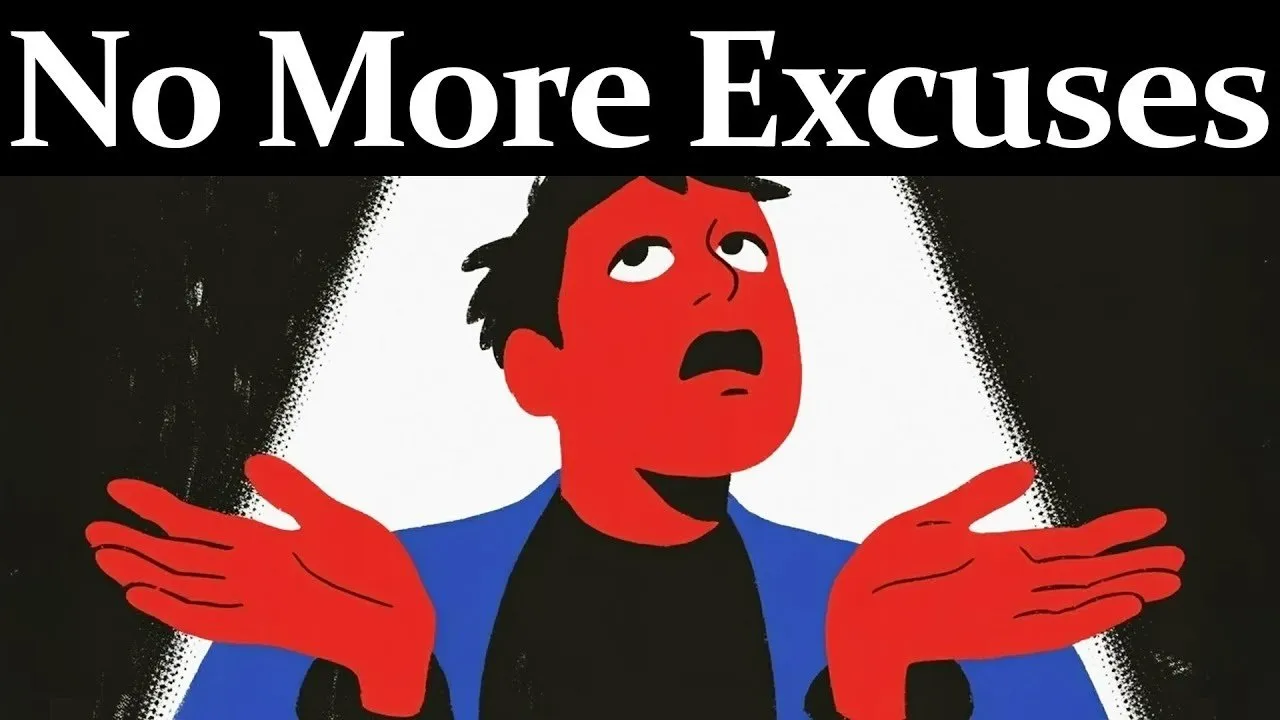Table of Contents
When brilliant ideas meet brutal reality, the results can reshape entire civilizations—often in ways their creators never imagined, leaving millions of lives hanging in the balance.
Key Takeaways
- Marx's ideology contained fundamental contradictions that made peaceful implementation nearly impossible, particularly the tension between scientific certainty and utopian promises
- The gap between communist theory and practice created power vacuums that consistently attracted the most ruthless individuals rather than the most idealistic
- Stalin's rise demonstrates how moderate appearances can mask unprecedented brutality, showing that political presentation means little compared to actual power accumulation
- Agricultural collectivization failed catastrophically across multiple countries because it ignored basic human incentives and the complexity of food production systems
- The "negative selection" phenomenon eliminated the most talented and entrepreneurial people, creating societies where mediocrity became safer than excellence
- Communist regimes consistently developed religious-like characteristics despite claiming to be atheistic, suggesting humans naturally seek transcendent meaning in political systems
- Historical literacy and sustained reading remain crucial defenses against political manipulation and oversimplified narratives about complex historical events
- The battle between nationalism and internationalism within communist movements shows how local conditions inevitably reshape global ideologies
- Modern conflicts often echo historical patterns, making understanding of 20th-century totalitarianism essential for navigating contemporary geopolitical challenges
- Young people especially need deep historical knowledge to avoid repeating the catastrophic mistakes that cost over 100 million lives in the previous century
The Seductive Power of Scientific Certainty
Here's what made Marx's ideas so compelling to millions: he promised scientific certainty about the future. Unlike earlier utopian thinkers who merely hoped for better times, Marx claimed he'd discovered the iron laws of history itself. This wasn't wishful thinking—this was supposedly cutting-edge science applied to human society.
Marx insisted that history moved with deliberate purpose through predictable stages of class conflict. From primitive communalism through slavery, feudalism, and capitalism, everything was building toward the inevitable communist revolution. What made this vision intoxicating was its combination of moral righteousness with intellectual confidence. You weren't just fighting for justice; you were on the scientifically proven right side of history.
The religious undertones were obvious, even if unacknowledged. Marx positioned himself as a kind of secular Moses, leading humanity to the promised land. The final revolution would bring about something equivalent to heaven on earth—a blessed state where exploitation ended and people finally achieved authentic freedom. Scholar after scholar has pointed out these hidden religious elements, from Reinhold Niebuhr in the 1930s to Eric Voegelin's analysis of "political religions."
What's fascinating is how this supposed atheistic ideology actually created its own sacred rituals. Think about communist mummies like Lenin and Stalin, preserved for pilgrimage. Consider the reverential filing past Lenin's body in Red Square—that's not atheism, that's a different kind of faith entirely. Nature abhors a vacuum, and when you remove traditional religion, something inevitably fills that space.
When Brilliant Theory Meets Messy Reality
The gap between Marx's elegant theory and actual implementation reveals something crucial about human nature and political systems. Marx expected his revolution to succeed in developed industrial countries like Germany or Britain. Instead, it took hold in the wreckage of the Russian Empire—exactly the kind of backward, agricultural society he thought was least ready for communism.
This created an immediate problem. Lenin and his colleagues knew they were gambling. Their hope was that revolution would quickly spread to Germany, creating that "red bridge" between communist Russia and communist Germany. When that didn't happen, they found themselves trying to build an advanced socialist society in a country that barely had the infrastructure to support it.
Here's where things get really interesting from a human psychology perspective. The Bolsheviks developed what you might call the ethos of hardness. Lenin deliberately trained himself not to listen to beautiful music because it made him feel gentle, and gentleness was incompatible with revolutionary necessity. This wasn't accidental—it was a conscious choice to suppress normal human empathy in service of ideological goals.
Stalin took this even further. People who met him described his ability to look right through you, as if you weren't fully real but merely a piece on a chessboard. This "sightless stare" that Napoleon also possessed seems to be a common trait among those who aspire to reshape entire societies according to abstract principles.
The Agricultural Disaster That Revealed Everything
Nothing exposes the flaws in communist thinking quite like agricultural collectivization. The theory seemed logical enough: industrialize farming the same way you'd industrialize manufacturing. Create large-scale collective farms that would be more efficient than small individual plots. Apply scientific methods and modern technology to boost production.
In practice, this approach ignored everything important about how farming actually works and how human beings actually behave. Successful farmers weren't celebrated as models to emulate—they were denounced as kulaks, enemies of the people who needed to be eliminated. This created what historians call "negative selection," where the most enterprising and skilled people were systematically removed from the system.
The results were predictable and horrific. When you destroy the incentive structure that motivates people to work hard and innovate, productivity collapses. When you set impossible quotas and punish anyone who reports realistic numbers, you create a system built on lies. When you cordon off starving areas and prevent people from escaping, you turn economic failure into mass murder.
What's particularly chilling is how deliberate much of this was. Stalin's regime didn't just make bureaucratic mistakes—they actively mobilized young communists and party activists to search for hidden food and extract it from starving families. People who later became dissidents described participating in these campaigns, watching families lose their last supplies while signs of starvation were already visible, yet continuing because they believed in the greater historical purpose.
The Strange Career of Negative Selection
One of the most devastating patterns across communist societies was this phenomenon of negative selection. In any normal system, you want to identify and promote your most talented, creative, and productive people. Communist systems consistently did the opposite, creating environments where mediocrity was safer than excellence.
This wasn't limited to agriculture. During Stalin's Great Terror, even total devotion to the regime wasn't enough to guarantee survival. The terror took on a life of its own, with secret police units given quotas for arrests and executions. Think about the perverse incentives this created—your career advancement depended on finding enough enemies of the people to meet your quota, regardless of whether those people had actually done anything wrong.
The psychological impact on entire societies was profound. Orlando Figes' book "The Whisperers" traces how multiple generations of families learned to navigate this system where even expressing doubts privately could destroy your life. People stopped trusting neighbors, co-workers, sometimes even family members. The bonds that hold societies together simply dissolved under the pressure of systematic paranoia.
What makes this especially tragic is how it affected precisely the people communist societies most needed to succeed. Independent thinkers, creative problem-solvers, people willing to take initiative—these are exactly the traits that get you targeted in a system that demands total conformity. The result was decades of stagnation as societies systematically eliminated their own sources of innovation and progress.
Why Smart People Believed Terrible Things
One puzzle that emerges from studying communist history is how intelligent, well-educated people could convince themselves to participate in obviously destructive policies. The answer reveals something important about human psychology and the power of ideological frameworks to reshape moral reasoning.
Marx's theoretical framework provided a complete worldview that could explain and justify almost anything. If traditional ethical systems were just products of class consciousness, then transcending class meant transcending those old moral limitations. Revolutionary necessity could justify actions that would normally be unthinkable because you were serving a higher historical purpose.
Lev Kopelev, who later became a dissident, wrote movingly about his experiences as a young communist activist sent to extract food from starving peasants during collectivization. He could see the human suffering right in front of him, but he didn't lose his sanity or kill himself because he genuinely believed this was necessary for the greater good. The ideological framework made it possible to process and rationalize what he was witnessing as part of a larger, meaningful historical process.
This psychological mechanism helps explain how ordinary people can participate in extraordinary evil. When you're convinced that you understand the fundamental laws of history and that your actions are serving humanity's ultimate liberation, normal moral constraints feel like obstacles rather than guides. The certainty of being right can be more intoxicating than almost any drug.
The Dictator's Dilemma: True Believers vs. Power Seekers
Looking at figures like Lenin, Trotsky, and Stalin raises fascinating questions about the relationship between ideology and power. Did these men genuinely believe in communist principles, or were they simply using attractive ideas to gain control over others?
The answer seems to be more complicated than either pure cynicism or pure idealism. Take Stalin—by most accounts, he was a voracious reader who spent considerable time studying Marxist theory and even made notes in the margins of books. He wasn't simply an ignorant thug who stumbled into power. Yet his actions showed a willingness to sacrifice millions of lives for goals that had little to do with Marx's original vision.
The most disturbing possibility is that these weren't contradictory impulses. Having a master plan for human history that justifies your accumulation of unprecedented power, your ability to eliminate rivals, even your capacity to make people suffer just to watch them squirm—for some personalities, these might actually be mutually reinforcing rather than conflicting drives.
This points to something crucial about utopian political movements. The very certainty that attracts idealistic followers also provides cover for people whose primary motivation is the exercise of power. The movement's high moral purposes make it easier to rationalize increasingly extreme methods, creating a ratchet effect where each escalation is justified by the importance of the ultimate goal.
Modern Echoes of Historical Patterns
Understanding these historical patterns becomes crucial when we look at contemporary politics. The temptation to use historical analogies carelessly is real—calling every controversial leader "literally Hitler" cheapens both current debates and historical memory. But there are legitimate lessons about how democratic systems can break down and how seemingly impossible things can become possible very quickly.
The collapse of the Weimar Republic offers particularly relevant insights. German democracy had ceased to function even before Hitler took power, in part because extremist movements on both left and right had cooperated in making normal governance impossible. The communists and Nazis hated each other ideologically, but they shared a contempt for liberal democracy that made them tactical allies in destroying it.
We see similar dynamics today in how political movements sometimes prioritize defeating moderate opponents within their own coalitions over addressing genuine external threats. The social democrats and communists in 1930s Germany couldn't work together to stop the Nazis partly because they'd been killing each other since 1919. That fraternal wound never healed, and it ultimately helped destroy both of them.
The Geography of Ideas and Power
One underappreciated aspect of communist history is how geography shaped ideology. Marx expected his revolution to succeed in Germany, the most advanced industrial society of his time. The fact that it instead took hold in Russia, China, and other predominantly agricultural societies forced constant improvisation and adaptation.
Mao's solution was to make peasants rather than industrial workers the revolutionary vanguard. This wasn't just a tactical adjustment—it was a fundamental reimagining of Marxist theory. By the time you're saying that rural farmers rather than urban factory workers are the key to communist revolution, you've moved pretty far from Marx's original framework.
These geographical adaptations created ongoing tensions within the international communist movement. Stalin resented having to acknowledge Chinese independence, and Mao chafed under Soviet leadership. The Great Leap Forward was partly an attempt to surpass Soviet industrial achievement and prove that China could reach full communism first. The human cost of this competition was staggering—roughly 40 million deaths from famine and persecution.
This pattern repeated across continents. Vietnamese communism, Cuban communism, Cambodian communism—each adapted Marxist ideas to local conditions in ways that would have surprised Marx himself. The question becomes: at what point do these adaptations represent something entirely different from the original vision?
What We Owe to Historical Memory
The stakes of understanding this history correctly couldn't be higher. Over 100 million people died as a direct result of communist policies in the 20th century. That's not just a statistic—it represents individual human beings who had hopes, dreams, families, and futures that were cut short by ideological experiments gone wrong.
Yet there's been insufficient historical reckoning in many post-communist societies. Unlike the Nuremberg trials after World War II, there were few systematic efforts to establish responsibility and create public knowledge about what had actually happened. Putin's Russia exemplifies this problem—instead of honest confrontation with the Soviet past, there's selective nostalgia that celebrates Stalin's role in defeating Hitler while minimizing the internal repression.
This historical amnesia has real contemporary consequences. When societies don't honestly confront their past mistakes, they become more likely to repeat them. The patterns we've discussed—the appeal of scientific certainty, the dangers of negative selection, the way power vacuums attract the wrong people—these aren't unique to communist movements. They're recurring features of human political behavior that we ignore at our peril.
For young people especially, developing genuine historical literacy means more than memorizing dates and names. It means understanding how normal, intelligent people can convince themselves to support destructive policies when those policies are wrapped in appealing ideological packages. It means recognizing that the greatest crimes in history are usually committed by people who believe they're saving the world.
The best defense against manipulation is sustained engagement with complex historical narratives—the kind that can only come from reading actual books, not just summaries or social media posts. When you take the time to really understand how past political movements attracted followers and justified their actions, you develop better instincts for recognizing similar patterns in your own time.
This isn't about becoming cynical or losing faith in the possibility of political progress. It's about approaching grand promises with appropriate skepticism, especially when those promises require concentrating unprecedented power in the hands of a few leaders. History suggests that the road to hell is indeed paved with good intentions, and the more certain people are about their moral righteousness, the more dangerous they may become.
The tragedy of 20th-century communism wasn't just the number of people who died, though that toll was staggering. It was the betrayal of genuine hopes for human liberation and social justice. Millions of people sacrificed everything for movements they believed would create a better world, only to discover they'd helped build systems of oppression worse than what they'd replaced. Understanding how that happened—really understanding it, not just dismissing it—remains one of our most important historical tasks.





